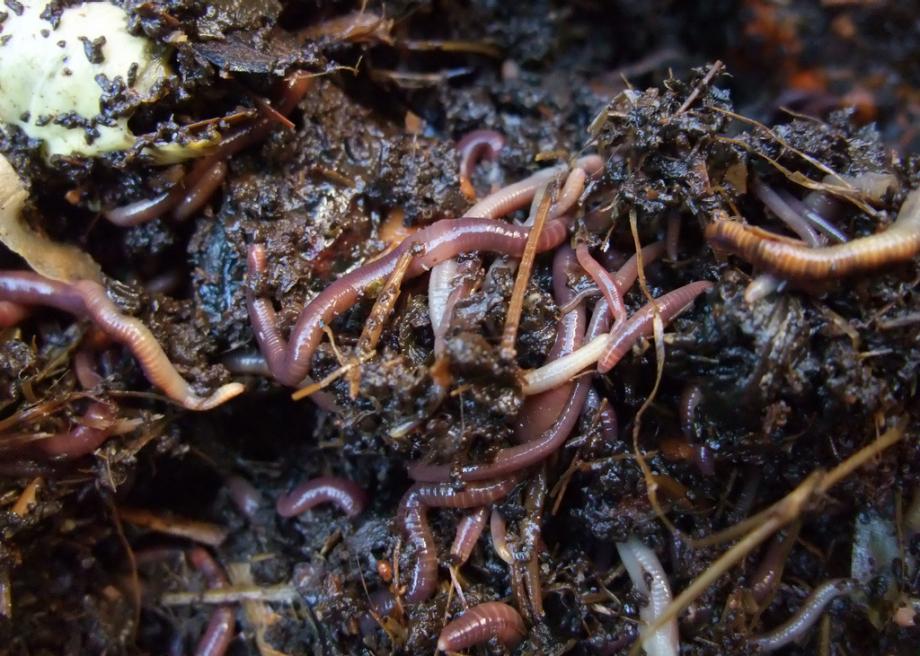Fiddling, Charming, and Grunting: Calling Up the Crawlers at the World Worm Charming Championships
Atlas Obscura on Slate is a blog about the world’s hidden wonders. Like us on Facebook and Tumblr, or follow us on Twitter.
Because everything has to be a race, the small English village of Willaston hosts a yearly competition known as the World Worm Charming Championships, where competitors come from far and wide to try to convince as many worms as they can to rise to the surface.
Known alternately as fiddling, charming, or grunting, the practice of coaxing earthworms from the wet dirt can be found all over the world, usually as a method of collecting bait for fishing. While the exact method differs from wormer (as they call themselves) to wormer, the basic idea is to create vibrations in the ground, usually by sticking a rod called a stob (like a pitchfork) in the dirt and smacking it with another rod known as a rooping iron. While it may seem a bit odd, the practice is incredibly effective. Some people do it as a profession.
The World Worm Charming Championships began in 1980. A local schoolyard in Willaston was sectioned off, and contestants furiously tapped at the ground to get at some worms. The contest has taken place every year since, consistently growing in popularity, but changing very little. The wormers are given small squares of land to fiddle, grunt, and charm their way to glory by collecting more worms than anyone else. The current world record for worm charming is held by Miss S. Smith and Mr. M. Smith, who won the championship in 2009 with 567 worms.
Should anyone have any moral concerns for the captured crawlers, fear not. The collected worms are released that same day after dark so they are less likely to be eaten by birds.
More incredible places around the world:


